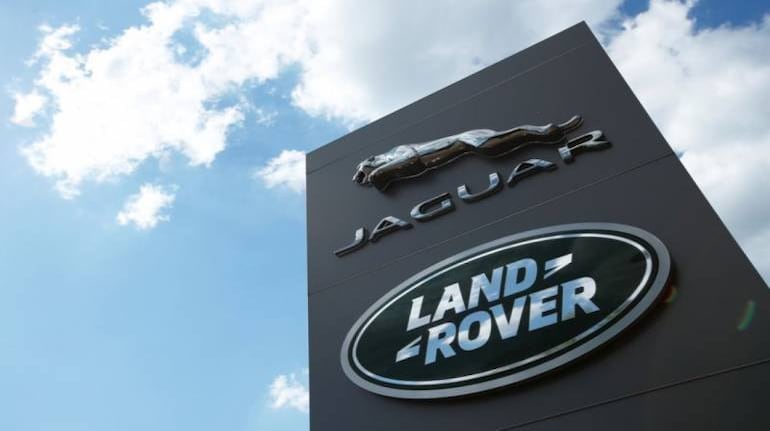



In an unexpected although logical move, India’s auto behemoth Tata Motors has announced a demerger of its two main business segments of commercial vehicles (CV) and passenger vehicles (PV) which will include domestic PV, electric vehicles (EVs) and Jaguar Land Rover (JLR). There will be two separate listed entities housing these divisions and related entities, with shareholding identical to the current one of Tata Motors. That is, it will be a clean vertical demerger.
Among several operational synergies and capital allocation issues talked about, this masterstroke of a move has one big takeaway for investors and stakeholders. It addresses a long pending need to unlock value in the global PV company --JLR. After all, after the Tatas resurrected the company from the throes of losses after acquiring it, JLR has grown leaps and bounds in revenue and profits.
In a recent report, Jefferies India estimated JLR’s share in Tata Motors’ revenue and earnings before interest, tax, depreciation and amortisation (Ebitda) to be 67 per cent and 75 per cent respectively (FY2026 forecasts). The rest of the PV business accounts for only 14 per cent and 9 per cent respectively. Even in the new PV entity post-demerger, it is JLR’s revenue and earnings that will command valuations on the Street. The timing of the demerger also comes at an opportune moment, when JLR’s cash flows have given confidence that the entity will become debt-free. Lastly, it comes at a time when Korean automaker Hyundai is reportedly contemplating a listing in India of its domestic subsidiary Hyundai Motor India!
When investors do a head to head comparison, they will have three PV companies to choose from, but Tata Motors PV business comes with a difference of being a truly global one compared to Maruti Suzuki and Hyundai Motor that are tied to the domestic market and to a smaller extent, are also exporters.
In other words, the move effectively paves the way for investors to introduce the flavour of a global PV giant to their portfolio! After all, JLR taps into premium car markets in China, Europe, the UK and US, in addition to India. At another level, the demerger is also in line with Tata Motors’ earlier stated objective of creating a separate subsidiary for EVs and logically moving all the PV entities into the same.
This way, the PV business can eventually enjoy valuations in line with those of global luxury car makers and not be tied with the differing business dynamics of a CV business. This is not to say that Tata Motors’ CV business entity will be left wanting. With almost half the market under its umbrella (medium and heavy commercial vehicles and light commercial vehicles included), it would also command premium valuations comparable with manufacturers such as Ashok Leyland in India.
For now, its big news both for the industry and investors, although the contours of the demerger will determine how the Tata Motors' stock moves in the near term. So far, the stock has returned over a 100 per cent return to investors in the past year.
Discover the latest Business News, Sensex, and Nifty updates. Obtain Personal Finance insights, tax queries, and expert opinions on Moneycontrol or download the Moneycontrol App to stay updated!
Find the best of Al News in one place, specially curated for you every weekend.
Stay on top of the latest tech trends and biggest startup news.